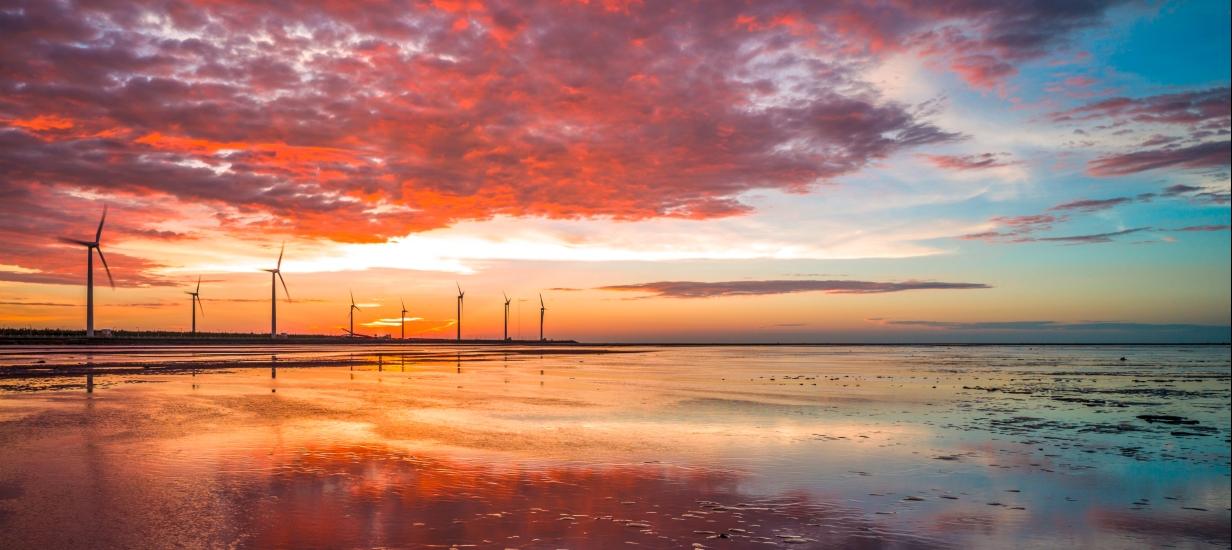Diese Website verwendet Cookies, damit wir Ihnen das bestmögliche Nutzungserlebnis bieten können. Unsere Cookie-Richtlinie ist Teil unserer Datenschutzrichtlinie und erklärt im Einzelnen, wie und warum wir Cookies verwenden. Um alle Vorteile unserer Website nutzen zu können, empfehlen wir Ihnen, auf "Alle akzeptieren" zu klicken. Sie können diese Einstellungen jederzeit über die Schaltfläche "Cookie-Einstellungen aktualisieren" in unserer Cookie-Richtlinie ändern.
Technische Cookies sind notwendig, damit die Website einwandfrei funktioniert und damit sie den Rechtsvorschriften und den Sicherheitsstandards entspricht. Sitzungscookies werden nur für die Dauer Ihres Besuchs gespeichert und nach dem Schließen Ihres Internetbrowsers wieder von Ihrem Gerät gelöscht. Dauerhafte Cookies bleiben dagegen auf Ihrem Gerät gespeichert und kommen bei erneuten Besuchen der Website wieder zur Anwendung.
CMS setzt keine Cookie-basierte Analyse oder Tracking auf unserer Website ein. Weitere Details finden Sie hier.
Personalisierungscookies sammeln Informationen über Ihre Gewohnheiten bei der Nutzung unserer Website. Diese Cookies werden von uns dazu verwendet, Ihnen ein Nutzererlebnis zu bieten, das auf der Grundlage Ihrer früheren Besuche, Ihres Standortes oder Ihrer Browsereinstellungen auf Ihre Bedürfnisse zugeschnitten ist. Sie ermöglichen Ihnen außerdem das Einloggen in personalisierte Bereiche sowie den Zugriff auf die Tools von Drittanbietern, die ggf. in unserer Website integriert sind. Wenn Sie diese Cookies nicht akzeptieren, stehen Ihnen die Funktionen der Website nur eingeschränkt zur Verfügung.














Social-Media-Cookies sammeln Informationen darüber, wie Sie Inhalte von unserer Website über die sozialen Medien teilen, oder liefern Analysedaten zu Ihrem Nutzungsverhalten, wenn Sie zwischen Social-Media-Plattformen oder unseren Social-Media-Kampagnen und unseren eigenen Websites navigieren. Wir setzen diese Cookies ein, um die Mischung der Kommunikationswege zu optimieren, über die wir Ihnen unsere Inhalte zukommen lassen. Genauere Informationen zu den eingesetzten Tools finden Sie in unserer Datenschutzerklärung.